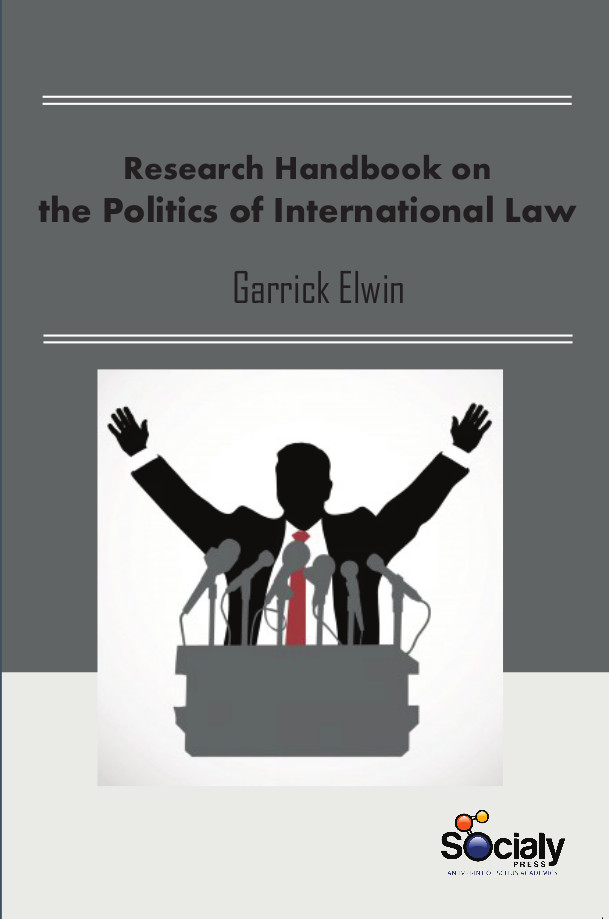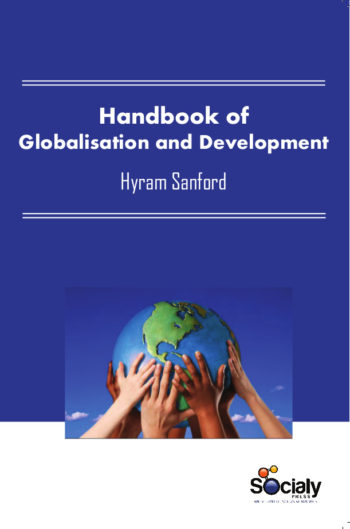Law and politics are deeply entwined. Law is a vital tool of government action, an instrument with which government tries to influence society. Law is also the means by which government itself is structured, regulated and controlled. It is no surprise, then, that law is an important prize in the political struggle and that law shapes how politics is conducted. The scholarly study of law and politics is a growing and assorted field. The range of scholarship in the area reflects the wide scope of issues and questions that are relevant to the field of law and politics and that invite new and further study. Law and politics create their own particular pictures of reality. Sometimes those pictures overlap, sometimes they differ. Yet, there is something that the law should never include in its sphere; namely, the differentiation of adversaries according to a purely political criterion. This leads to a strict separation between “ours” and “yours”, or, in its most radical expression, to a strict separation between friend and enemy. When the latter occurs, politics inevitably prevails over the law, and reduces or damages the autonomy of the rule of law. The diversity of scholarly interest in law and politics also reflects the interdisciplinary conversation that the field invites.
Research Handbook on the Politics of International Law presents the studies for comparative analysis of politics and international law at different stages of governance and in different governance systems. It examines some basic characteristics of the relationship between national and international law and politics. The text introduces the theoretical frameworks, empirical cases, policy instruments, and cutting-edge discussions in the field of international law from an International Relations perspective. It will examine the interrelationships between international politics and international law in several specialized areas of international law, such as human rights, the environment, international criminal justice, trade, and/or the use of force.










